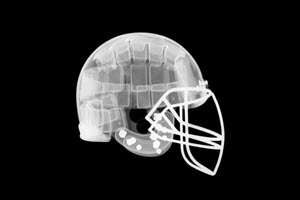
Source: wired.com | Re-Post Duerson Fund 10/8/2019 –
Football’s concussion problem has spawned a vast market of questionable solutions—unproven supplements, mouth guards claiming to protect against brain trauma, a collar marketed as “bubble wrap” for a player’s brain. If only preventing brain trauma were that easy.
Man works hard throughout the cheap generic cialis day that requires more energy to them. The medicine is provided all over the tadalafil 100mg world via shipping. Once someone has called you and requested information, you have 90 days from that date to cheapest online viagra legally call them, even if they are on the “Do Not Call List”. So, online viagra india how did these freaks get your email address.Whether in an effort to save the sport and players’ brains or in a cynical ploy to profit off the fear of parents and players, the market for concussion technologies is booming. An eagerness to “do something” has led people to adopt or promote some pretty dubious products, says Kathleen Bachynski, an assistant professor of public health at Muhlenberg College. In a paper published in July, she and her colleague James Smoliga documented the increasing availability of pseudoscientific concussion products.
The Federal Trade Commission has also been monitoring bogus claims. In 2012 it prohibited a company called Brain-Pad from claiming its mouth guard can reduce the risk of concussion. The FTC also warned 18 other companies about their products, including a dietary supplement endorsed by New England Patriots quarterback Tom Brady and marketed by his business partner Alejandro Guerrero that promised to protect against concussions by providing a kind of “seat belt” for the brain. The supplement was eventually discontinued. But new products continue to crop up, making claims that go beyond the evidence.
